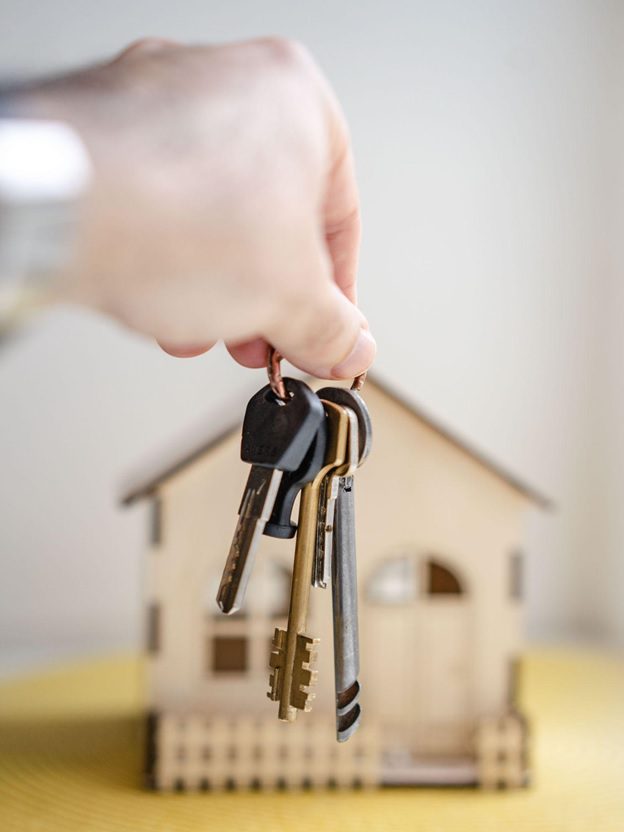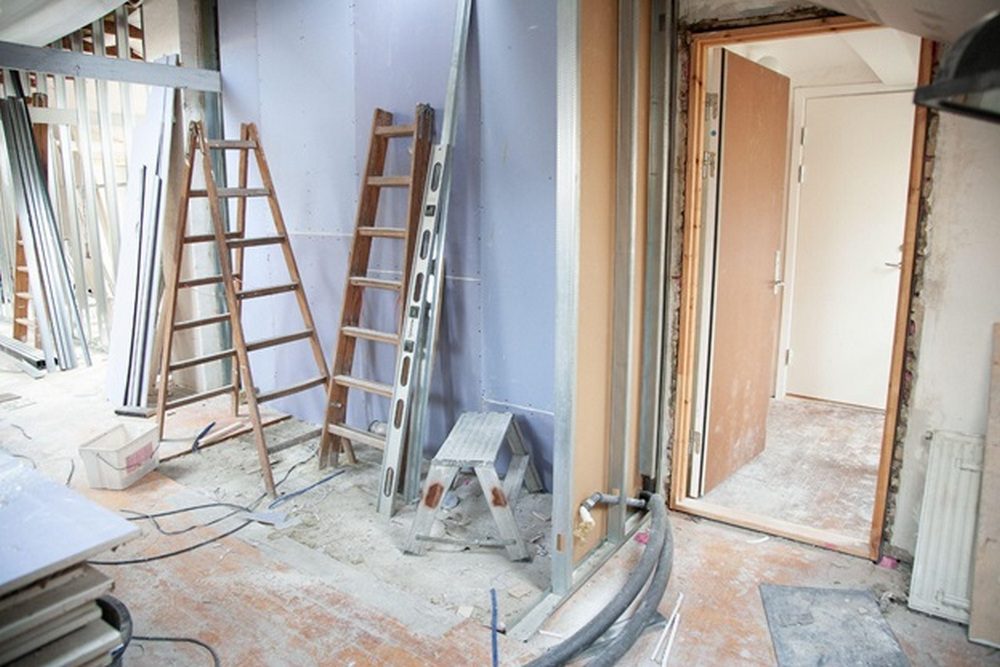Last Updated on September 24, 2025 by teamobn

Finding the perfect home for your needs can be quite difficult. This is why many choose to either upgrade their existing homes or build new ones by getting a construction loan.
A construction home loan is a short-term loan that is used to pay for the cost of the land, building materials, contractor labor, and permits. The loan term is usually shorter and the interest rate is higher than a home mortgage. Poor credit scores, however, make it difficult for many people to get loans approved.
Contents
What Is a Bad Credit Score?
Credit scores make a big difference when one is applying for a construction loan or any other type of loan.
In the United States, there are two kinds of credit scoring models, namely the VantageScore and the FiCO Score. Most lenders rely on the FICO scores rather than the VantageScores model.
FICO considers someone to have very poor credit if their score falls between 300 and 579. Scores between 580 and 669 are considered fair credit, whereas scores between 670 and 739 are considered good credit.
If your score is anywhere between 300 to 669, then you might have a difficult time getting your construction loan approved. When it comes to determining creditworthiness, most lenders consider people’s credit scores.
Getting Your Construction Loan When You Have Bad Credit
Don’t fret if you have a bad credit score. There are still several ways of getting a construction loan approved despite a bad credit rating.
Improve Your Credit Score
You need to figure out just how bad your crediting rating is. You can do this by getting a copy of your credit score report.
Carefully evaluate the report to see if any mistakes are impacting your credit score negatively. You can even question them should you find any discrepancies, which then can help increase your credit score rating by some points.
Additionally, you should examine repossessions and bankruptcies on your credit report. These normally are removed seven to 10 years after the last activity in the account. If you find any items that are close to being removed, then you can probably wait for a bit until these negative items are removed from your credit report.
Check your credit card charges, too. Having a 30% debit-to-credit ratio for every card you own will help you improve your credit score. Repayment of debt will also improve the lender’s view of your application.
Make a Large Down Payment
Lenders look at other factors in deciding whether to approve your construction loans or not. Aside from your credit score, they also look at your proof of income, low debt-to-income ratio, or your ability to pay your loan based on your income. Lenders also consider the amount of your down payment.
Offering to pay a higher down payment can increase your chances of getting the loan application approved. The recommended down payment for subprime borrowers or borrowers with poor credit ratings is 20%.
This percentage is considerably higher than what prime borrowers are required to shell out for the down payment. The lender, after all, is taking a bigger risk in lending money to those with a less impressive credit history. However, a 20% down payment will demonstrate your commitment to the lender and can help you get your loan application approved.
You might be wary of shelling out a large amount for your down payment. But remember that you can, later on, save on other costs such as maintenance costs of the house or construction costs when you carefully design and plan your new home. This will allow you to make up for the large down payment you made.
Remember also that the larger down payment isn’t an expense. It is equity in your new home. That higher down payment will also reduce your overall interest costs.

Go for a Secure Construction Loan
A secure construction loan is another option for those with poor credit history. This type of loan requires borrowers to put up their existing properties as collateral. In cases of defaults, the lender can take over the possession of the collateralized property.
You can put up the lot where you intend to build your home or the existing property you want to expand or renovate as collateral.
Get a Co-signer
You can get a co-signer with a good credit score when you apply for a construction loan. The co-signer assumes both financial and legal responsibility in case you fail to settle your loan payments. Lenders look favorably at applications with a co-signer with an excellent credit score as it offers them an additional layer of security when the borrower fails to pay.
Your parent, spouse, guardian, or close relatives can be a co-signer. However, take note that it’s not enough that your co-signer is a high-income earner. Equally important is your cosigner’s credit score as it also affects your credit application.
Search for Other Lenders
Banks and other large financial institutions aren’t your only options. There are other entities offering loans with no credit check. If you are looking at improving your credit score, then you can also look at online lenders that offer debt consolidation.
Take the time to do your research to find the most suitable construction loan option for you. You can even find some that offer low fees, an affordable annual percentage rate or APR, and a monthly loan payment amount that fits your income. Avoid being scammed by ensuring you choose a reputable lender for bad credit loans.
It’s Possible to Get a Construction Loan Despite Bad Credit
Having a poor credit score isn’t the end of your dreams of building your home. The good news is that despite having a bad credit history, you can still receive a loan.
Options to consider are to wait a bit and improve your credit score and make a large down payment. or you can also get a co-signer with an excellent credit rating. These options will increase your chances of being approved.
Alternatively, you can opt for online lenders that approve applications from those with bad credit ratings. Just make sure to do your research carefully to find the best one suited for your needs, and to avoid falling for fraud lenders.






